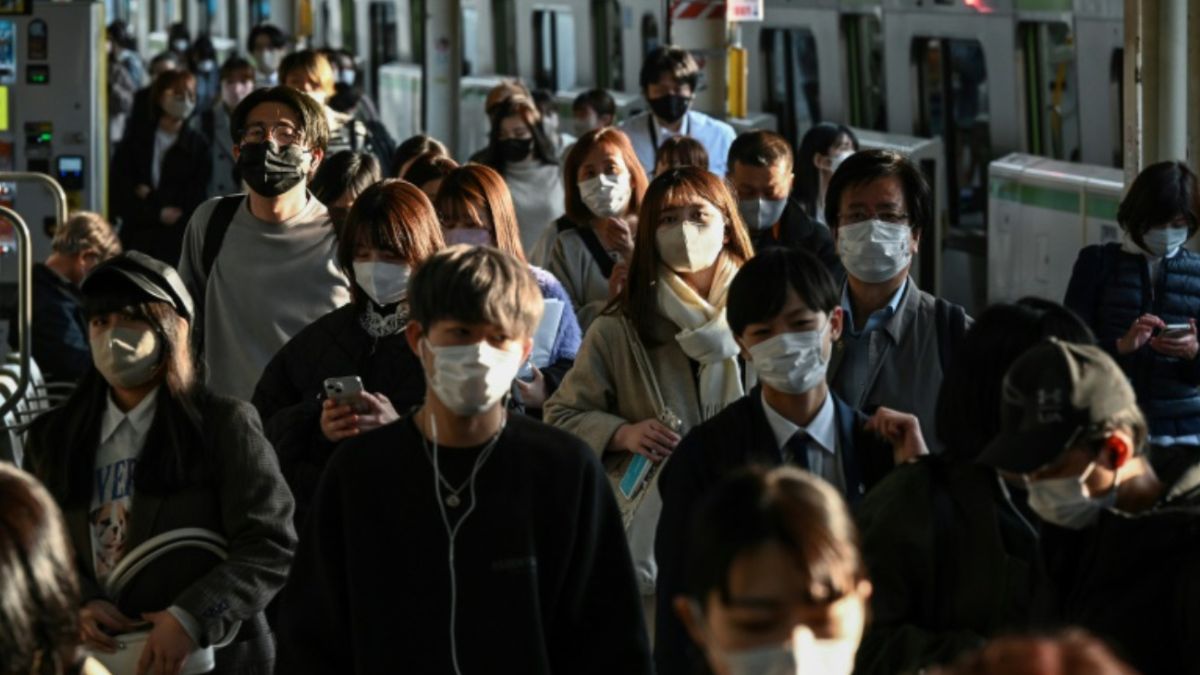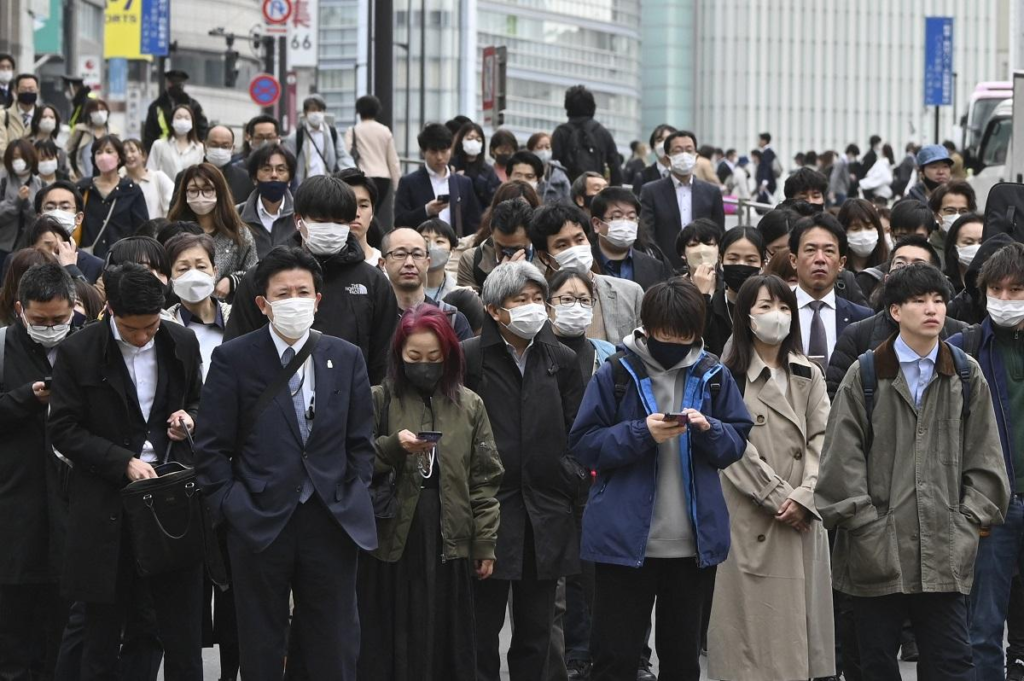Hikikomori: A Social Phenomenon Affecting 1.5 Million People In Japan

In the 1990s, the term hikikomori was coined in Japan to describe young adults who had withdrawn from society and remained isolated in their homes for extended durations. Although not recognized as a clinical diagnosis, hikikomori has become a significant social phenomenon in Japan. In this article, we explore the causes, impacts, and treatments of hikikomori in Japan.
The Impact of Hikikomori in Japan

Hikikomori is affecting an estimated 1.5 million working-age people in Japan, leading to worries about their mental health and social well-being. A survey conducted by the cabinet office in November revealed that the COVID-19 pandemic has been linked to about one-fifth of the specific incidents, with the most common reason for social withdrawal being “quitting jobs”. The survey also revealed that 2% of individuals in the 15-62 age group were ‘hikikomori’.
Causes of Hikikomori in Japan

The rise of hikikomori is linked to the decline of traditional family structures and community ties, as well as the pressures of a highly competitive education system. Several factors have contributed to the high prevalence of hikikomori in Japan, such as extreme academic pressure, all-consuming work culture, and high levels of anxiety and stress. Certain personality traits, such as shyness or lack of assertiveness, are also capable of increasing the risk of being affected by the syndrome.
Treatment for Hikikomori

Psychotherapeutic treatment is generally preferred over drug-based treatment for hikikomori, although drugs are used to treat co-occurring mental illnesses. People facing hikikomori require family support, individual or group therapy, and a healthcare practitioner who can help the person deal with the condition.
Efforts to Address Hikikomori in Japan

Several local authorities in Japan are responding to the rise of hikikomori. From June, the Tokyo ward of Edogawa will host social gatherings in the metaverse where hikikomori can connect with others through their avatars. A 2021 study revealed that the ward is home to over 9,000 individuals who identify as hikikomori, including students who have stopped attending classes.
Connect With Debonair Magazine On Social Media [ Facebook | Instagram | Twitter | LinkedIn ] To Get Real-Time Updates On The Market.



